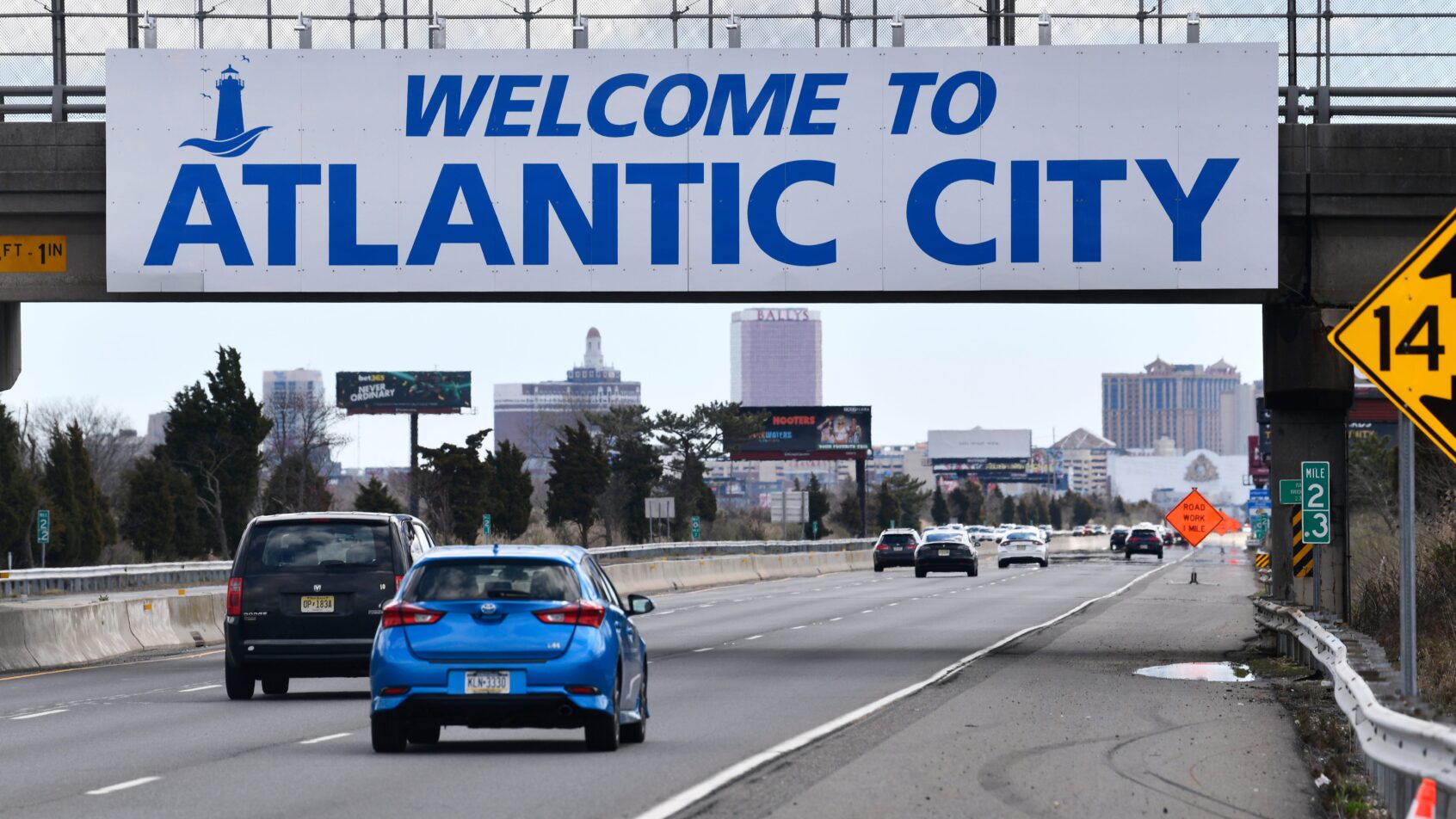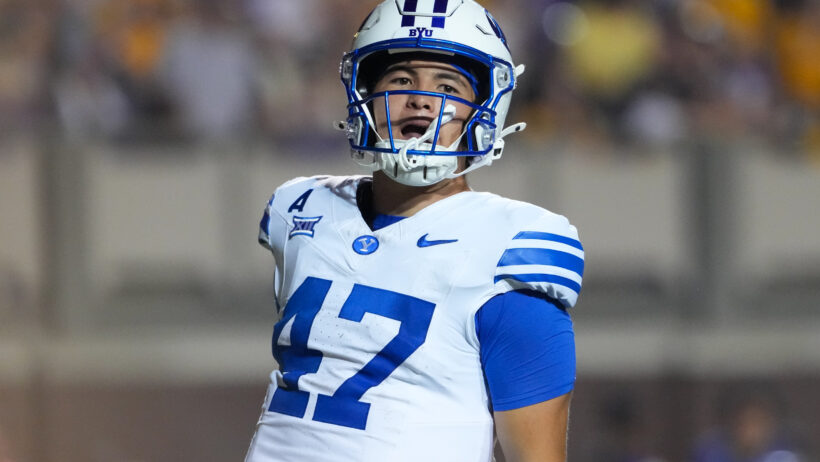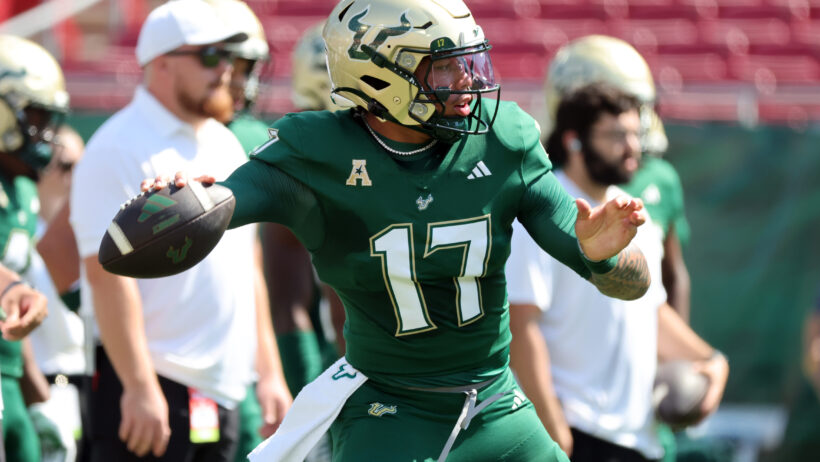States Band Together to Back New Jersey in Fight Against Kalshi
By Robert Linnehan in Sports Betting News
Published:

- 34 states joined together to file an amici brief in support of New Jersey’s legal battle against Kalshi
- Washington, D.C. and Northern Mariana Islands also joined in the brief
- Nevada Attorney General Aaron Ford and Ohio Attorney General Dave Yost took the lead in the amici brief
A large coalition of 34 states, led by Nevada Attorney General Aaron Ford and Ohio Attorney General Dave Yost, recently filed an amici brief in the United States Court of Appeals for the Third Circuit, backing New Jersey counsel in its legal battle against prediction market company Kalshi.
The coalition, which also includes Washington, D.C. and the Northern Mariana Islands, supports New Jersey counsel’s argument that the Commodity Exchange Act does not preempt a state’s right to regulate sports betting and sports event contracts.
Kalshi has filed lawsuits against New Jersey, Nevada, and Ohio gaming regulators after receiving cease-and-desist notices for its sports event contracts.
Who Regulates Event Contracts?
Kalshi CEO Tarek Mansour and company officials have long maintained that prediction markets can only be regulated by the Commodity Futures Trading Commission (CFTC) and states have no say in their offerings. Mansour and Kalshi officials have noted their sports event contracts differentiate from traditional sports betting as they are not played “against the house,” but traded between different users who purchase contracts on either side of an outcome.
Mansour and Kalshi counsel believe the Commodity Exchange Act trumps all when it comes to event contract regulation, including individual state regulations.
State gaming regulators maintain the markets need to be beholden to regulations, taxes, and license fees that sports betting and gaming operators are required to follow.
According to Ford and Yost in the brief, the courts should “not upset” the traditional balance of states regulating gambling and sports betting absent a clear directive from Congress to do so.
“And one expects Congress to speak clearly when effecting a major change to the existing order. Adding all this up, the following rule emerges: absent a ‘clear statement,’ courts should not assume that Congress intends ‘a significant change in the sensitive relation between’ the federal and state governments in an area of ‘traditional state authority.’,” counsel wrote in the brief.
These 34 states have joined the amicus:
- Alabama
- Arizona
- Arkansas
- Colorado
- Connecticut
- Delaware
- Hawaii
- Idaho
- Illinois
- Indiana
- Iowa
- Louisiana
- Maine
- Maryland
- Massachusetts
- Michigan
- Minnesota
- Mississippi
- Montana
- Nevada
- New York
- North Carolina
- North Dakota
- Ohio
- Oregon
- Pennsylvania
- Rhode Island
- South Carolina
- South Dakota
- Tennessee
- Utah
- Vermont
- Washington
- Wisconsin
- District of Columbia
- Northern Mariana Islands
The brief is in direct support of New Jersey and its appeal of a decision to grant Kalshi a temporary injunction to continue to operate during the entirety of the lawsuit.
Kalshi Will Leave Sports Betting Unregulated
According to Ford and Yost, Kalshi’s sports event contract offerings are “obviously sports betting,” despite the company’s claims to the contrary.
“To confirm as much, one must only peruse Kalshi’s website. The website has an entire category dedicated to ‘sports’ where – through a few easy clicks – people can bet on things like the Steelers winning more than eight games this season or the Ravens winning the Super Bowl,” the brief notes.
The company has created a loophole, they note, to offer sports betting the general U.S. public and not be subjected to state sports betting regulations. It puts citizens at risk, as Kalshi allows customers 18 and over to purchase event contracts, while the majority of states have set its legal sports betting age at 21.
“Under Kalshi’s reading of the law, these types of state-law safeguards fall away so long as companies package sports betting as events contracts. That, in turn, creates a sizeable hole in the States’ ability to protect their citizens from predatory practices or other problematic behavior.”
The case is currently on the Court of Appeals’ docket, but no hearings have yet to be scheduled.

Regulatory Writer and Editor
Robert Linnehan covers all regulatory developments in online gambling and sports betting. He specializes in U.S. sports betting news along with casino regulation news as one of the most trusted sources in the country.



